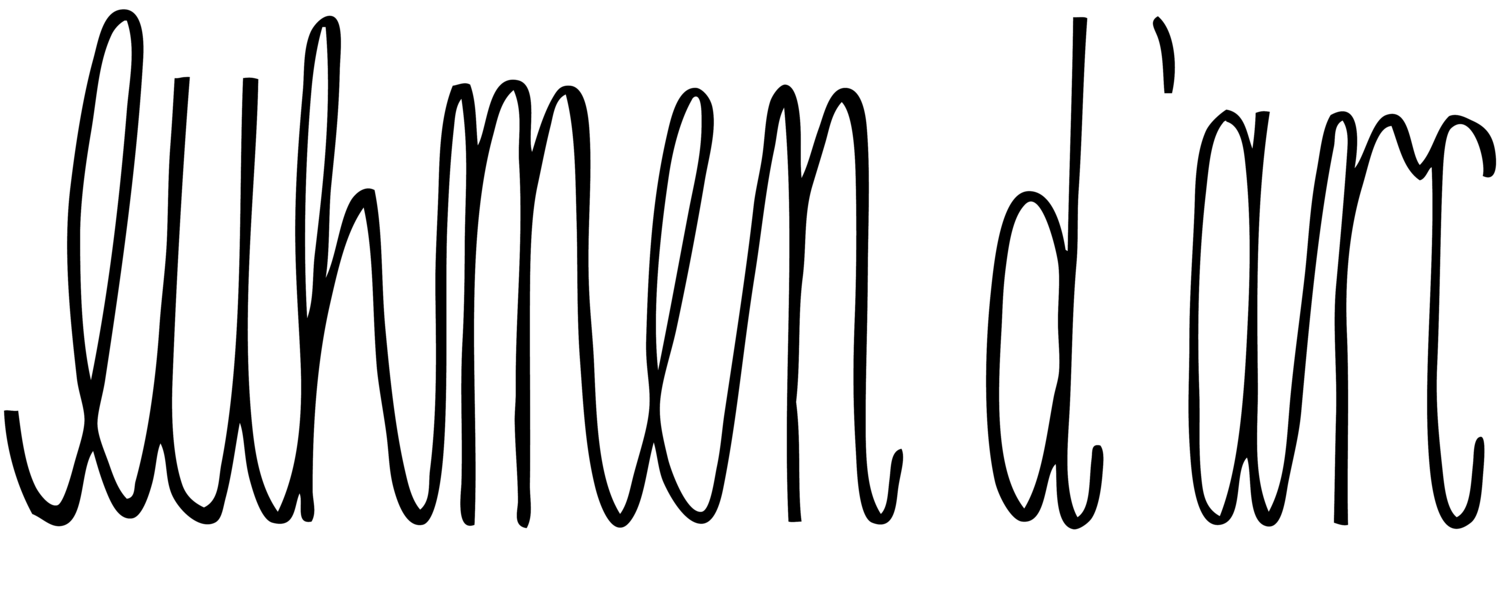Sex /vs./&/?/ Violence. Attempt at a conceptual delimitation on the basis of demarcation
Trigger warning: In the following article the term „sexual/sexualized violence“ is discussed, but without describing drastic details of acts of violence.
„What is sex?“ was the question asked in a round table discussion during Xplore. Anna Natt and Matís invited us to divide this impossible question more precisely into: „How do you use the word sex?“, „How do you do sex?“ and „How do you know you had sex?
One participant explained that he was attending this discussion session because he thought it would be a good idea to hear at a sex-positive event what „sex“ meant for the participants here. Community = shared language. Makes sense. The only thing is that it became clear after the first round that „sex“ means something different for each person. And yet it would be too easy to stop at private language and pseudo-enlightened „Everybody sees it differently, everybody is right, nobody is right. Namaste.“ Surely we can find good arguments for common denominators to agree on convincing definitions.
The answers to the given questions varied between references to certain feelings/affects (passion), objects (mattress), body parts and practices (PiV), qualities (rawness). Anna shared the grandiose idea of making a list from such parameters to simply tick off what you did after a date, so that a mathematical graph and complex algorithm can finally calculate the truth from it: whether you had sex or not.
Further on we approached the attempt of a more precise description as we discussed whether rape is also sex. Can we even speak of „sexual violence“ – or should „sex“ not be reserved in the sense of an ethical project for practices that have nothing to do with violence? Then „sexual violence“ would be a contradiction, an oxymoron. Comparable to „child pornography“, if one limits „pornography“ to something that primarily comprises a professional field based on consensual agreement, which accordingly must exclude childhood in need of protection. Otherwise the term will blur what it is actually about (violence!) and what pornography actually is (a profession!). Just as rape equals violence, not sex.
With this attempt of a definition the tension in the room increases. What then distinguishes the playful use of force in e.g. kinky rape play from really forced overpowering? Is it only consent that distinguishes sex from violence? But then what about the rest of the involuntary pain or unconscious overwhelming parts that smuggle themselves even into best-practice-consent? Is sex perhaps always inseparably interwoven with violence? Just think of the act alone: the intrusion, penetration, conquest, banging, bumping? Or think of the structural relationships of violence that have an effect on how we do sex: e.g. gendered states of dependence.
Perhaps the crux that distinguishes sex from violence is the intention: because violence wants to annihilate, destroy, extinguish the other, whereas sex refers to the other and therefore it mustn’t destroy him/her/them? Such an understanding would powerfully characterize sex as a relationship that is based on the knowledge of the incompleteness of the respective participants; on being allowed to be different, distinct. This would then be the very condition for union with the other. Precisely because one is not omnipotent, but incomplete, one can, thanks to the other, ritually „complete“ oneself for a short time through the sexual relationship, only to separate again, to distance oneself – again as a condition for closeness. ((Intermediate question: But would self-pleasuring not be sex then?))
Violence would come into play where one’s own incompleteness is denied; where the other is violently appropriated and thus has to be destroyed as an Other. Maybe also out of fear of being appropriated, because the feeling for one’s own limits and distances to others is missing, which is why closeness and physicality become threatening and have to be controlled.
I make a note to stay with the question, like following a lead. I also write down the advice of a co-discussant to differentiate between „sex“ and „sexual“ and add „sexualized“. I agree to speak of „sexualized violence“ because it describes that the sphere of sex is brought into the act of violence, appropriated, imitated. But I wonder whether I would again only reserve this term for cases of abuse, coercion and assault and not use it for the opposite case: the injection of violence into sex. But then what do you call the game with violence in BDSM? Is it violence at all or is it too tamed to be violence? And would there be a difference if violence is not only performed (e.g. if one only pretends to kidnap one’s play partners, but of course they remain basically free and self-determined) but really „blood flows instead of ketchup“, as Marina Abramovic always delimits her performances from theater? And another question: Can you only play kinky with power dynamics or what would „equality play“ look like in comparison?
Unfortunately, the minute the wish was expressed in the group to steer the conversation back to our own experiences and to focus more on „How do you do sex“ instead of going into abstract realms, the time was over. But the experiments continued, among other things in our course „Explicit Patterns“, which explored what kind of typical habits, gestures, signature moves are performed during sex — and to ask where they come from, why we use them and what they tell us. More about this in the next blog post.

